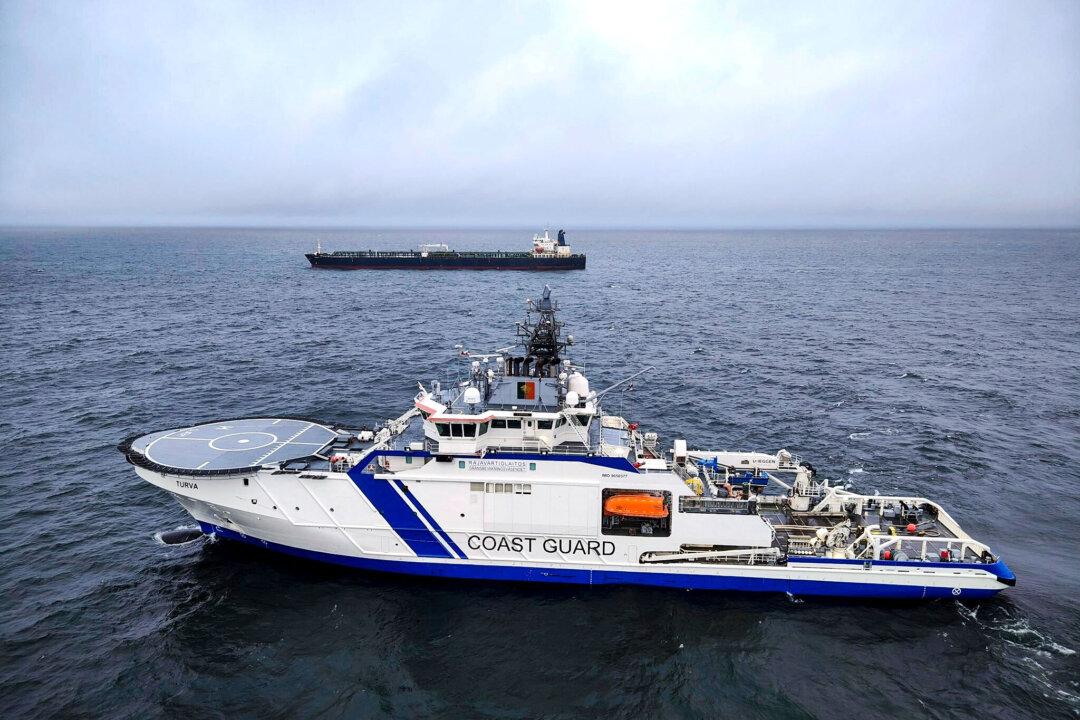News Analysis
Russia has been growing its so-called shadow shipping fleet for several years but concerns have escalated in the past few months after some of them were linked to a series of incidents involving undersea infrastructure.

Russia has been growing its so-called shadow shipping fleet for several years but concerns have escalated in the past few months after some of them were linked to a series of incidents involving undersea infrastructure.